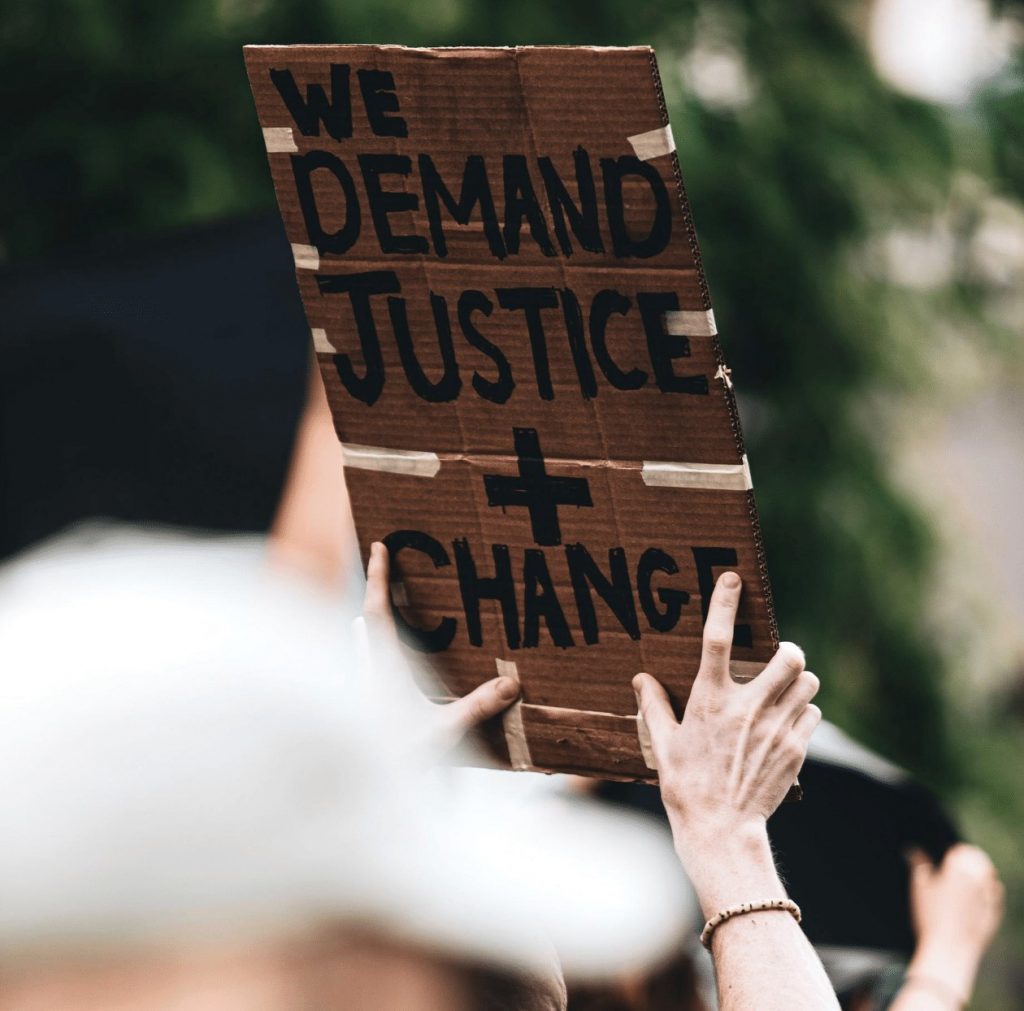
I have a problem; a very good problem. I am honored to have been invited by the director of the Sorensen Center for International Peace and Justice in New York to facilitate a creative writing workshop with a group of law students who are in search of their authentic writer’s voices. As part of their prestigious Fellowship program at the Sorensen Center, they are encouraged to start a blog. This is slightly problematic because although I won’t intend to get them into trouble, as I espouse the virtues of creative writing as it pertains to finding self; my teachings are exactly the opposite of what they have been taught. In the spirit of John Lewis, I plan to get them into even more “good trouble” than they are already in.
Mind you, these are no average law students. These are students who have chosen City University School of Law, the school whose motto is “law in the service of human needs.” They are burgeoning and established civil and human rights advocates from diverse backgrounds and experiences, all of whom have come to this work with passion, real-world grit and undoubtedly some pain. Although it may be instinctive to want to forget or shy away from the hardest truths, it is crucial to understand that it is their most personal experiences that will deliver them to the heart and soul of the work they have chosen. Advocating for justice is an act of truth-telling.
I am eager to meet these impassioned scholars, some of whom have struggled and sacrificed to earn the grades and LSAT scores for admission into Law school. They are building up the endurance for long lectures and endless hours of study. Their brains have been re-tooled to handle chronic memorization and the clarity to dissect every fact and facet down to a granular level. They have miraculously prepared to learn the secret language of the law that will take them into courtrooms all over the world. They have been trained to think broadly as well as to compartmentalize. They will all emerge astute, intelligent and understandable. My only fear is that they will only be understandable to other lawyers.
But what about the people they will fight for, often those in their own communities? How will they connect on a human level that will earn trust and truth at the highest levels? I have seen how this plays out with highly specialized professionals who suffer from the same predicament. Admirably, these experts are often so sharp and learned that they can’t help but lose connection with themselves and the very people they serve. My purpose will not be to lecture, only remind: without your true voice, you remain silent.
It is my hope that in this workshop, I will make a difference by encouraging them to listen to themselves. I will ask of them that they attempt to hear their own truths and embrace their pain. It is these fragments of our existence that make us whole.
Raw emotion and passion are the real sparks of everything we do. It is the difference between just doing the work and doing the work of changing the world. Why do we revere the late Congressman, John Lewis, who spoke so candidly of being a sharecropper’s son? Because he showed no shame, just truth. We love him because we can relate to the shared humanity of struggle and humility. This is my greatest hope for the Sorensen Center Fellows, that they will never stop relating to others and themselves. As Ted Sorensen, for whom the Sorensen Center is named, said, “We shall listen, not lecture; learn not threaten. We will enhance our safety by earning the respect of others and showing respect for them.”
It is my hope that these lawyers will take this time with me to lay down the rigidity of legalese and listen to their hearts. I hope that they will see that it is the truth of how they came to be that makes them and their words exactly what the world needs now. Adversity is where our voices are born. To these Law fellows, I say: you have captured our attention with your presence, passion and persistence. Now, we listen for your truth.
Leaving you to the possibilities of truth to power.